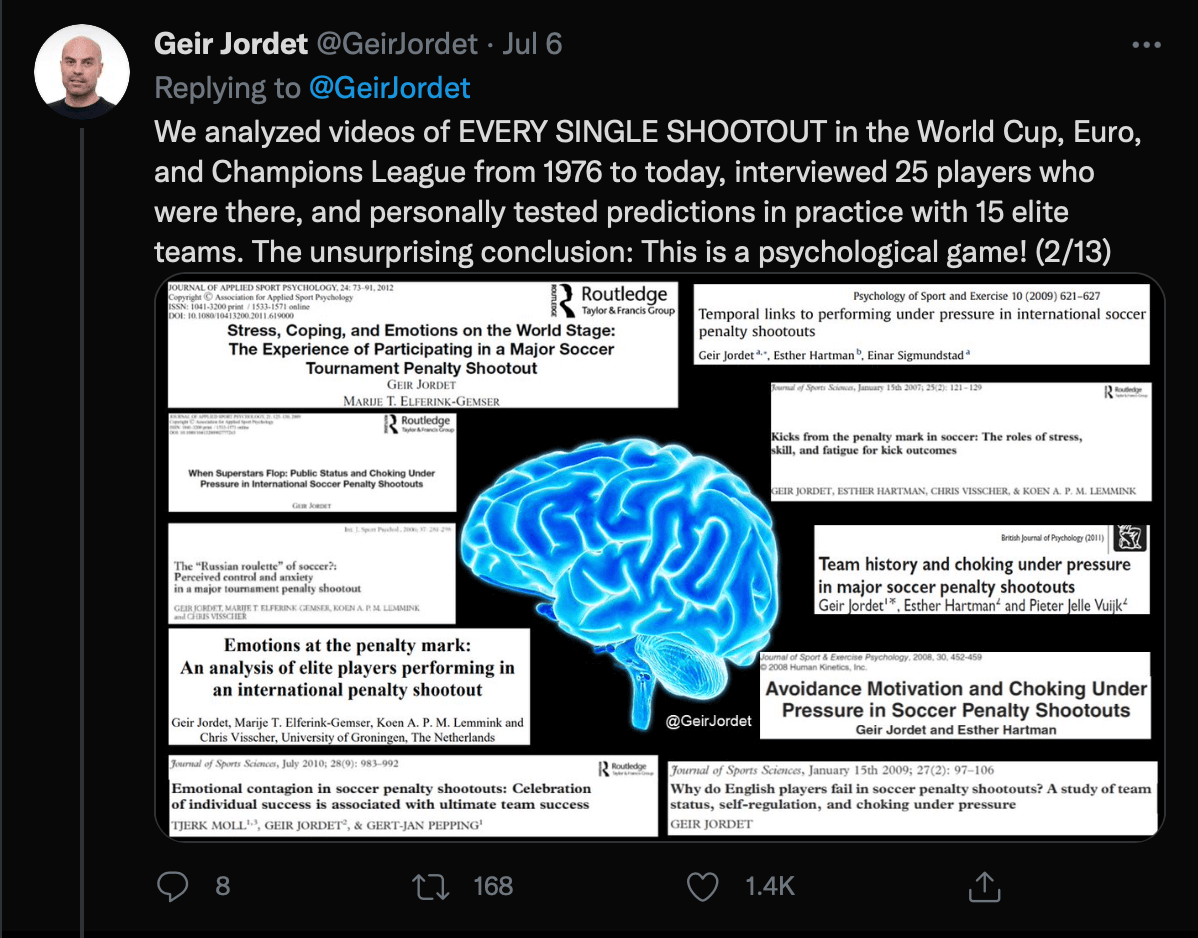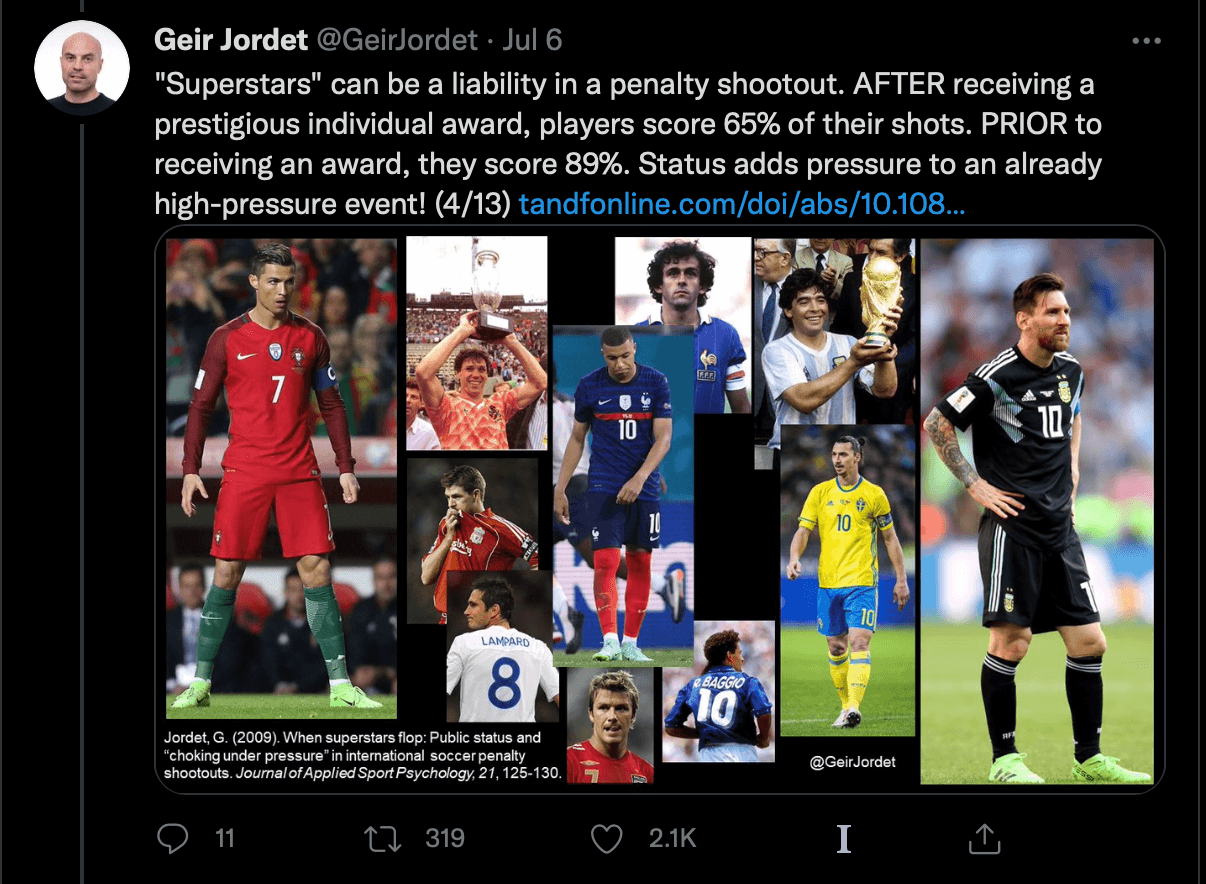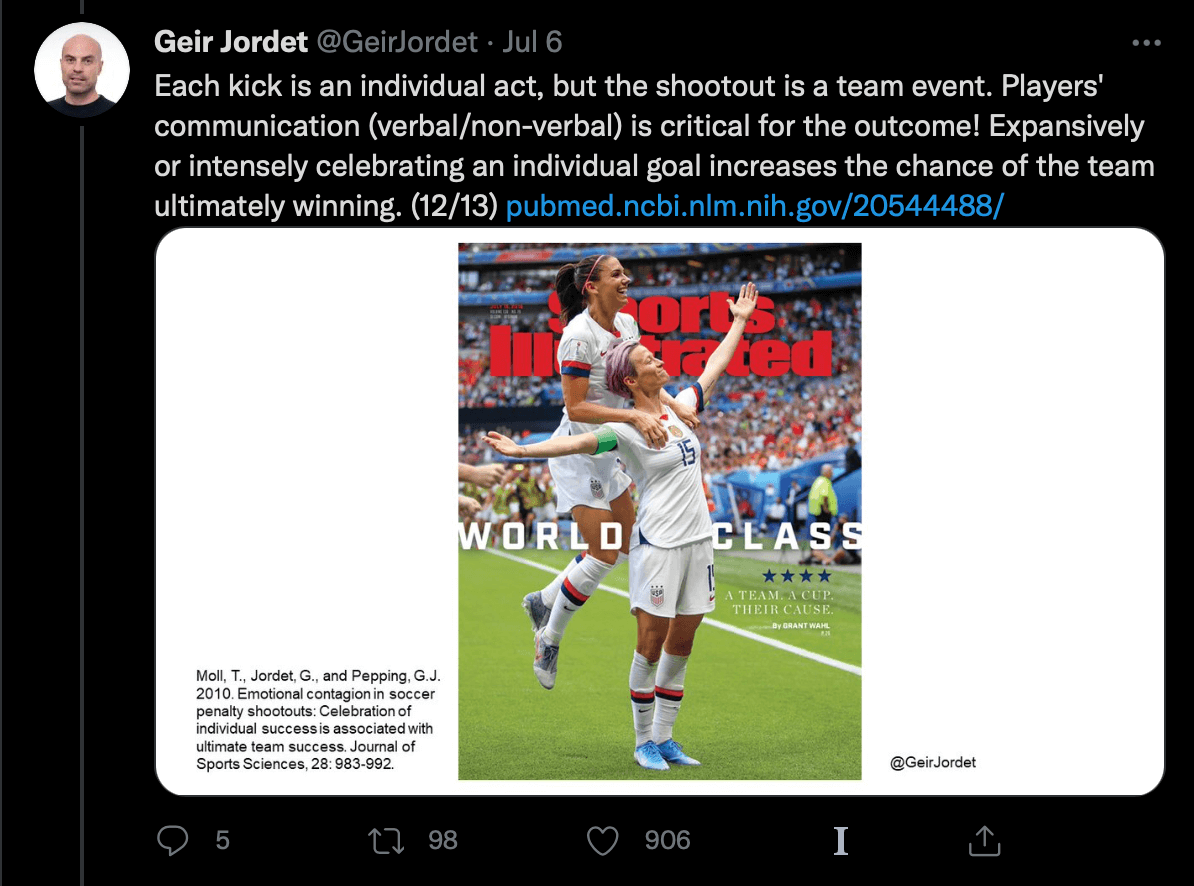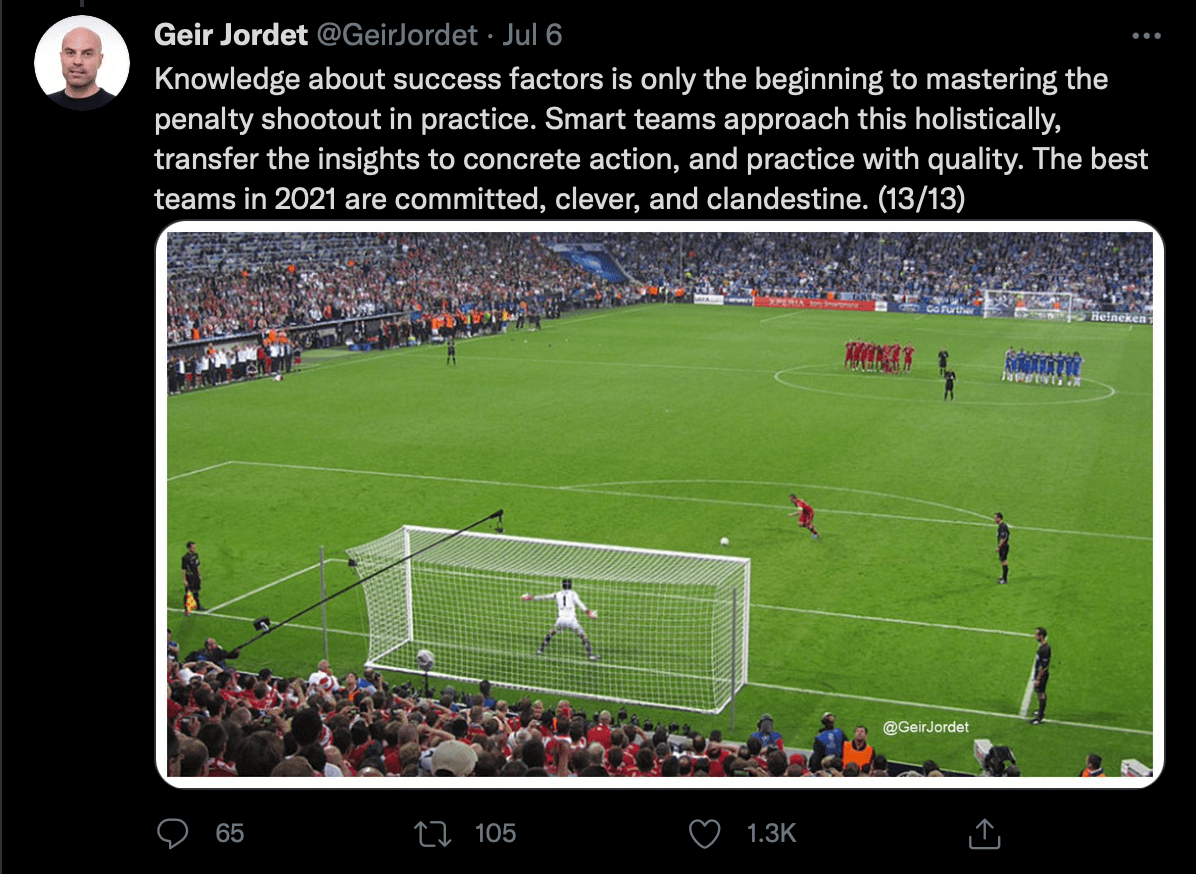Public Expertise: Guidance & Focus
In his essay “How to make writing less hard,” the journalist Oliver Burkeman relays Steven Pinker’s suggestion to write, as Burkeman puts it,
as if you were pointing something in the environment out to another person – something that she would notice for herself, if only she knew where to look. Imagine directing someone's gaze across a valley, to a specific house on the other side. "You should pretend," writes Pinker, "that you, the writer, see something in the world that's interesting, and that you're directing the attention of your reader to that thing." He calls this the "joint attention" strategy.
The advice sounds obvious, Burkeman admits, “except that it makes immediately clear how many writers are doing something else.” Take academics: They often write, he argues, not to direct our attention to interesting things, but to show off their knowledge or membership in a specific circle of thinking or to arrogate to themselves an air of importance incommensurate with the depth of their insights. Look at how much writing on social media fits those descriptions.
So: Writing well is about guidance — about narrating us on a pathway toward seeing what you’ve seen. And it’s also about focus — about editing out everything that’s extraneous or distracting to their ability to see.
To point something out that others might not see, of course, is also the central role of the public expert. Public experts don’t give us all the evidence and information and ask us to sort it out. They direct our attention to only those bits of evidence and information crucial to answering a question, and they narrate a pathway through that evidence and information to a conclusion, to their POV (the name is not a coincidence).
Academics often think that communicating all the research is helpful — is public expertise. It isn’t. Here’s a recent negative example — the psychology researcher and consultant Geir Jordet, tweet threading about his extensive research over the last five years into the psychology of the penalty kick shootout in soccer. The body of research itself is impressive:
And contains (to me, anyway, a soccer fan) some surprising results:
But as Jordet tweets about study after study, any conclusions start to blur. What precisely are his recommendations for optimizing the psychological fitness of penalty kick takers? The conclusion is banal — perhaps prudent for a consultant holding back the best insights for his clients, but not public expertise.
Don't get me wrong: There's nothing wrong with serving up all the knowledge. But it's not terribly helpful to those of us who want to know what to do.
Public expertise isn’t about serving up all the knowledge. It’s about focusing on the knowledge needed to move the ball forward and sharing that effectively with others. It’s a different role than the academic’s, which is why relatively few can play both, and why those who can play both can be so powerful and command what seems to the rest of the research world outsize attention.







